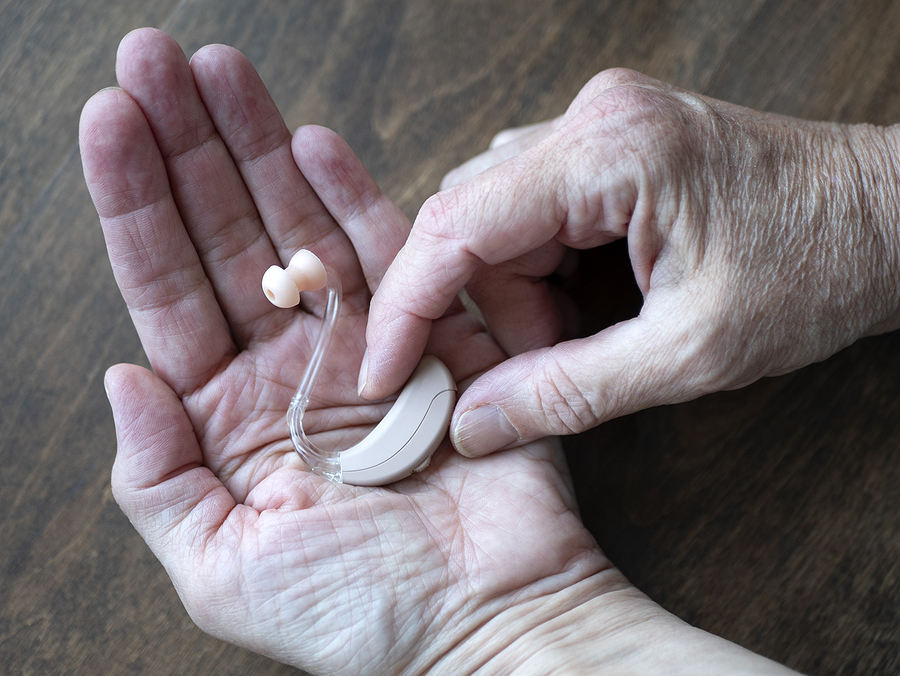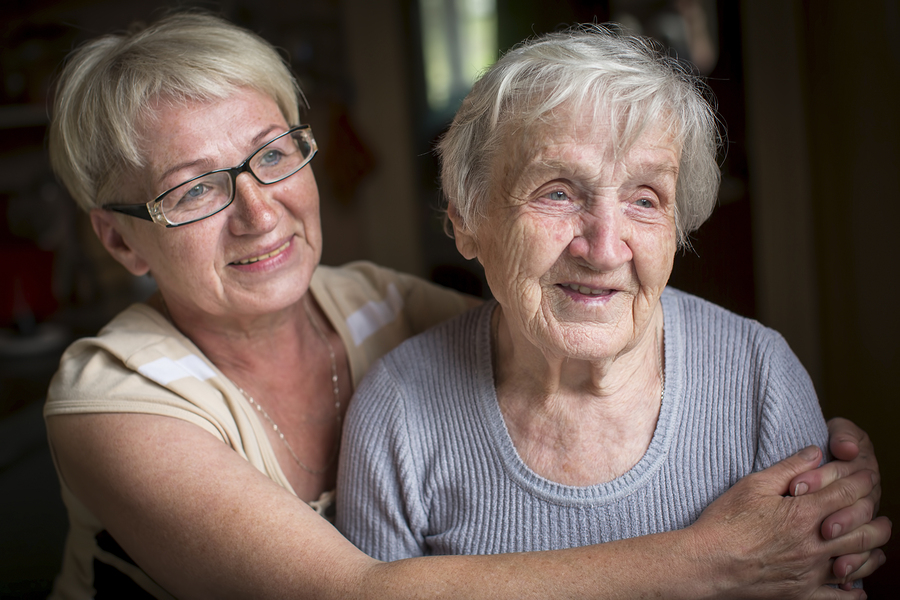How to Support Seniors with Hearing Loss
Category:

Hearing loss is incredibly common for seniors, but that doesn’t make it easy to live with on a daily basis. As they age, seniors may find that hearing loss affects their ability to communicate effectively, stay engaged with other people, and even participate as much as they would like in daily activities. Learning strategies to cope helps seniors to avoid depression, isolation, and poor quality of life. Senior home care providers can offer families the help they need to cope with issues like hearing loss.
Adjusting Communication Strategies
Communication is especially important to address. Home care providers take special care to speek clearly and use visual cues when necessary. Maintaining eye contact helps seniors better understand the full message, even if they can’t hear every word. It’s also a good idea to reduce background noise. Writing notes and instructions down can reinforce verbal communication.
Using Assistive Devices
There are a lot of choices available in terms of assistive devices for seniors with hearing loss. Hearing aids are a common choice, but there are also telephones and other devices that function in a similar manner. Lighted indicators can connect to the phone and doorbell to serve as a visual cue that someone is calling or at the door. Senior home care providers can help families find the devices that best meet specific needs.
Creating a Supportive Environment
Seniors with hearing issues are more likely to thrive in a supportive environment. Keeping seniors safe and happy even with the challenges they experience because of hearing loss might involve making some adjustments in the home. Adjusting lighting and removing safety hazards are just two of the ways that home care assistance supports aging adults with hearing loss.
Offering Social and Emotional Support
Hearing loss can cause seniors to withdraw from the people around them, even if they don’t want to. Hearing loss can make it difficult to keep up with what is going on and it affects cognitive functioning. Feeling isolated makes all of those problems bigger and causes new ones as well. Home care providers help seniors participate more in social activities and they offer emotional support that seniors with hearing loss need.
Coordinating Medical Care
Hearing loss can be connected to other health issues, too. If seniors aren’t communicating as well with family members, doctors, and other people as they need to, they may not be getting the medical attention they need. Senior home care providers can help families notice signs that there are other issues to address so that seniors get the care they need. Professional caregivers can also help seniors get to their appointments, ensuring they don’t miss them because they forget or can’t drive because of hearing issues.
Empowering Seniors
Most importantly, seniors with hearing loss can often feel as if they’re not able to keep doing the things they enjoy doing. They may avoid expressing their needs or stop doing the things they want to do because of how their hearing affects their daily lives. Senior home care services can help to empower seniors so that they feel comfortable getting back to the lives they love.
Hearing problems are a big concern, but they aren’t insurmountable, especially with experienced help. Senior home care providers help with communication, learning about assistive devices, and social needs. They can also address other challenges seniors might face.
If you or an aging loved one are considering senior home care in Bronxville, NY, please contact the caring staff at Griswold Home Care for Scarsdale & Yonkers today. (914) 337-5028.
Subscribe
Date: January 10, 2025
Category:


